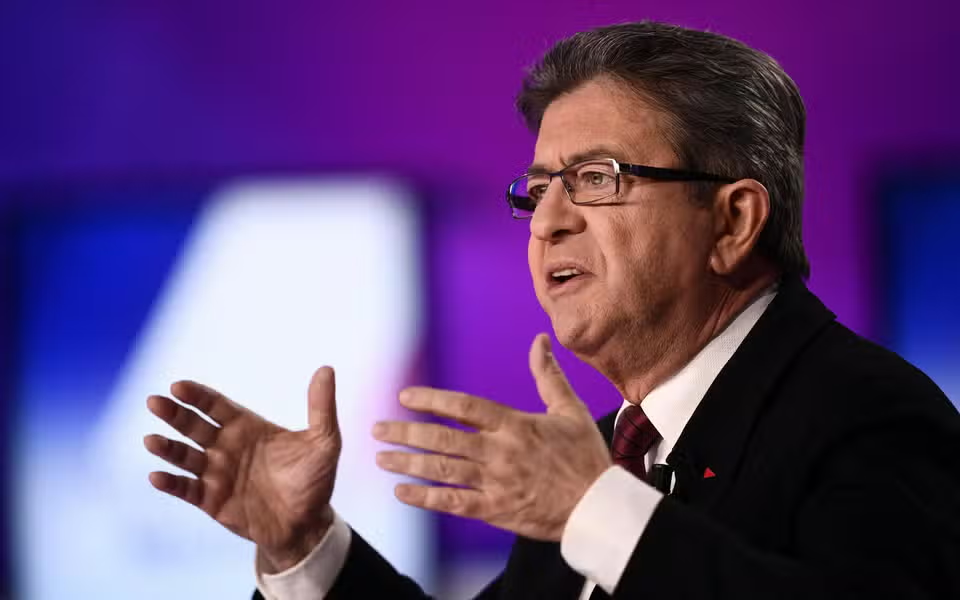Russia's state-run nuclear energy agency said it is looking at potentially building six new high-power nuclear power units and low-power nuclear power plants in India, according to Russian news agency RIA Novosti.
The announcement comes as Indian Prime Minister Narendra Modi makes his first visit to Russia in five years.
The Context
Modi is holding talks with Russian President Vladimir Putin that are expected to bolster relations between the two countries and may result in the delivery of strategic deals, according to Bloomberg.
Newsweek has reached out to a representative of India's Ministry of External Affairs via email for comment.
This is the latest in a series of diplomatic visits for Putin, who has recently visited North Korea and Vietnam in attempts to better Russia's global relations amid its war with Ukraine.
What We Know
The visit is likely to see India and Russia agree to a long-term uranium supply pact for a nuclear power plant in Tamil Nadu, according to Bloomberg.
Newsweek has reached out to a representative of Russia's government and its nuclear agency Rosatom via email for comment.
India and Russia are also likely to sign an agreement which will allow the military to use each other's facilities, Bloomberg reported. This would be for training, port calls, humanitarian assistance and disaster relief operations.
Uranium prices have more than tripled since 2020, as support grows for nuclear energy as a low-carbon energy source, according to reports from Bloomberg Intelligence.
Cooperation on civilian nuclear energy does not fall under the sanction regime imposed on Russia in response to its invasion of Ukraine.
India has its own uranium source, from the Uranium Corp which is mined in the northern state of Jharkhand, but reserves are quickly depleting in this area.
India's Foreign Secretary, Vinay Kwarta said in a statement shared on Friday with Bloomberg that "Kudankulam Nuclear Power Plant units 1 and 2 have already become operational, and the work is progressing on units 3 and 6." The statement also said that, Moscow "remains an important partner for India's energy security and defense."
According to Bloomberg, a military agreement between the two countries could facilitate the exchange of fuel and spare parts for Russian warships in the Indian Ocean and Indian vessels in the Arctic.
What's Next?
The planned deal between Russia and India comes as tensions intensify between Russia and the wider world.
This week, President Joe Biden will host a NATO summit in Washington. White House officials have said in advance of this gathering that Biden and his NATO counterparts will be rolling out a series of measures to bolster Ukraine's war machine.
Do you have a story we should be covering? Do you have any questions about this story? Contact LiveNews@newsweek.com
Disclaimer: The copyright of this article belongs to the original author. Reposting this article is solely for the purpose of information dissemination and does not constitute any investment advice. If there is any infringement, please contact us immediately. We will make corrections or deletions as necessary. Thank you.



